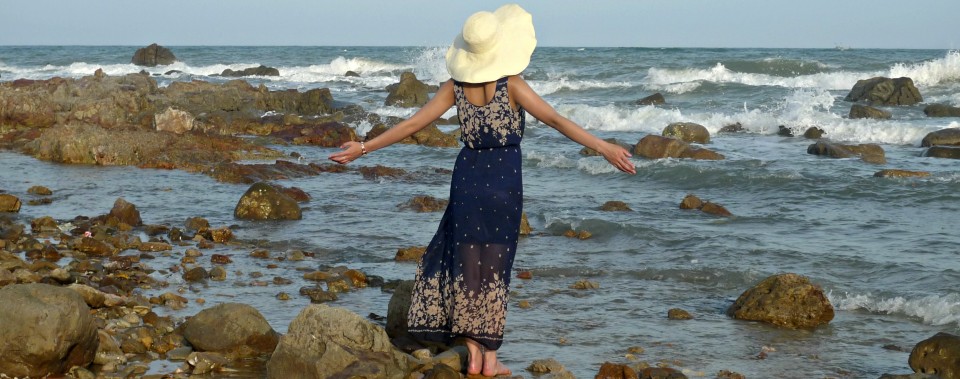Tags
anorexia, depression, Facebook, mental illness, relationships, social media, technology, twitter, university
Thanks to social media, being excluded and feeling lonely has never been easier. I honestly think that this has been a huge factor in the increase of mental illness in recent years. Anorexia, depression, and so many other diseases stem right from home. There have been campaigns to increase awareness of photoshop usage on models, and how unrealistic the beauty standards set in the media are, but none to target the impossible standards of living that our very friends set. In a way, this is even more detrimental because models and actors are “stars.” Yes, they’re human, but no one actually believes their lives are comparable to that of Taylor Swift or Ryan Gosling. Social media, however, has given ordinary people the power to be superstars. When we see friends, coworkers, or classmates, leading these seemingly great lives, that leaves a much bigger impact than an ad featuring Beyoncé.
In talking to many people who also went into university this year, I realized that almost everyone had a mediocre, if not awful, experience. It’s a time of change, confusion, and a lot of trial; difficulties should be expected to arise. Yet, just by looking at my Facebook feed, I never would’ve gotten that impression. Every night that I was at home alone, seeing all the pictures of friends at pubs, dressing up, laughing, it was a blow to my life, my choices, my worth — even if I wouldn’t have enjoyed going out with those people anyway. This feeling has been dubbed “FOMO”: the fear of missing out.
I was not the only one. But it felt like that every day. It made it difficult to enjoy the life I was living because it never felt like enough with the constant reminder of all the better things that everyone else was experiencing. It’s so easy to say “don’t compare yourself to others” and so hard to actually do that when those highlights are all that surround you everywhere.
The silence and pretending go even further. When you have such a beautifully painted life online, it makes it so much harder to open up to others in real life, and to reach out as well. It makes it so much harder to seek help when you feel like the only one. How many of the bikini-clad girls on Facebook have been through an eating disorder? Almost all of them, I can guarantee. No one has their shit together. No one wants to admit it.
Fear of missing out has become the fear of being alone, fear of not being good enough, fear of leading too lame a life, and even fear of admitting that you’re not okay. Facebook likes aren’t enough. Reach out. You’d be very surprised at what lies behind the screen.

Great posts and I echo your sentiments wholeheartedly.
The other major issue with social media is that it is 24 hours a day, and most people are never separated from their smartphones now.
Getting rid of a mobile phone and deciding to shut down facebook has made me immediately less agitated and dubious of myself.
HOw are you working around Facebook or have you gotten rid of it too?
All the best,
H&J
Thank you! I definitely agree with your comment about constant availability; it makes it much harder to separate school and work from family and fun.
I’ve been travelling this summer and went four weeks without a cellphone in June (and by extension, less Facebook) when I was out of the country. It did feel quite liberating, like I was able to get more out of every experience. I am making an effort to continue putting technology aside more in my daily life and reminding myself that nothing is too urgent to wait.
The post titled ” to my 15 year old self was so beautiful it made me shed a tear. :,)
Pingback: Breaking the stigma around mental illness | Meliora